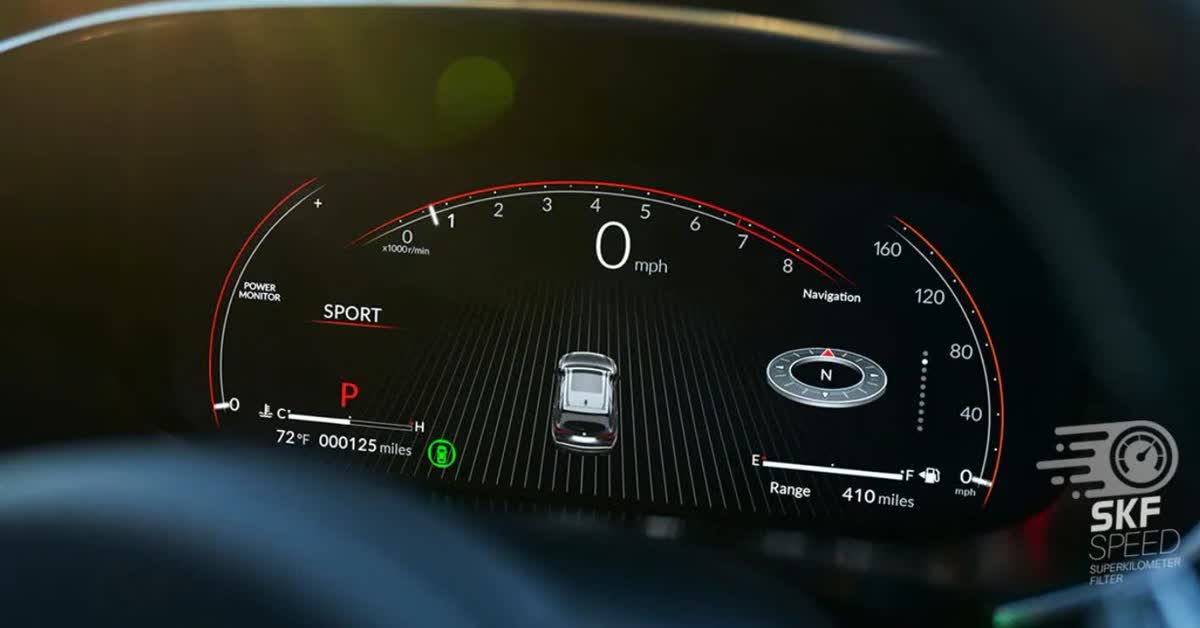
The standard mileage reimbursement rate is a crucial indicator for car owners operating their vehicles for work. This state-determined rate lets you establish the amount of compensation and, based on that, consider how suitable it is for you. It should be highlighted that reimbursement isn’t identical for all owners. Rules vary according to the type of vehicle and purposes. As a result, you must be informed about current rates and monitor rate changes every year.
The blog will thoroughly review the topic, provide you with all of the necessary information, and guide you on how to calculate the rate for mileage reimbursement.
The reimbursement rate is the compensation vehicle owners get per mile for using their cars for work purposes. Car owners receive payments from their employers. If they are independent contractors, their tax return should be subtracted.
We all consider the harm we cause our vehicles when we drive them. Depending on the load, automobiles wear out over time, and their life expectancy decreases. Furthermore, mileage, maintenance, and numerous services add to the total cost. Imagine that all of these expenses serve no use for you. You use your personal auto for work. Of course, car costs will be an additional charge in this situation. To fix the cost deduction issue, the rate for mileage reimbursement helps you calculate your pay per mile for work, and vehicle operating costs will be reimbursed according to government rules.
Thus, reimbursement is not based solely on charitable figures. It enables car owners to receive fair reimbursement for additional expenses incurred. This results in a better working environment in which employees are satisfied and understand that their efforts and costs are being taken into consideration as much as feasible.
Reimbursement rates vary according to the following three types:
It’s essential to identify the differences and clearly distinguish between these categories. So, what is the business mileage? Any trip, whether by a private or company-owned vehicle, is counted as business mileage as long as it has business purposes. Remember that traveling from home to work or from one job to another is not business use.
As for the charity use, your trips must be related to the charity activities. It includes events organized by charity organizations, missions supervised by them, and any other activities carried out under their authority.
As you might already anticipate, medical and military relocation reimbursements consider driving for medical or military purposes.
You will be compensated in all of the circumstances listed above. However, the rate will vary depending on the purpose.

To calculate the reimbursement rate in 2024, use the formula:
Reimbursement Amount = Total Mileage x Reimbursement Rate
For example, if you have driven 300 miles and the reimbursement rate is 67 cents per mile, your total reimbursement amount is 300 x 67 = 20,100 cents, which is $201. So, to determine the compensation rate, you should multiply traveled mileage by the respective rate. Remember that calculations will be in cents, and convert the final result into U.S. dollars by dividing it by 100.
The rates change annually, and as we discussed, they vary based on the purpose. Therefore, if you traveled 1,000 miles by car, your rate for mileage reimbursement will be different whether you have business, charity, medical, or military compensation.
Let’s focus on two cases. First, when you receive the business reimbursement, and the second gives you charity compensation. Imagine you covered 500 miles and want to know how much the reimbursement would be for that particular distance. In the first scenario, you will need business, and in the second, the charity rates, with 67 and 14 cents per mile, respectively.
The business rate would be 500×67=33,500 cents or $335.
The charity rate would be 500×14=31,000 cents or $310.
According to the Internal Revenue Service (IRS), the standard vehicle mileage reimbursement rate for 2024 is 67 cents per mile for business, 14 cents for charity, and 21 cents for Medical or military moving purposes.
The rate has slightly changed recently. For comparison, in 2023, the self-employed and business use rate was 65.5 (increase by 1.5), charity remained at 14 cents, and medical or military moving was 22 (decrease by 1).
As you can see, the rates might vary from year to year. That is why examining this data every year and making financial calculations based on the most recent data is critical.
No, mileage is not always entirely reliable. It plays an essential role in a vehicle’s flawless functioning. An odometer is a tool that tracks mileage and shows the total miles on the dashboard. It makes exact calculations and helps automobile owners monitor their covered distance. However, here is another part of the story: how reliable it is.
Can the mileage be manipulated? Yes, mileage can be modified using various rollback tools, which has become relatively common. Even though the mileage is initial in most circumstances, you can never be 100% sure about it. Thus, if you want to calculate how much the standard business deduction is according to the rate for mileage reimbursement, remember that vehicle mileage can be misleading, and you must check the records.

The mileage blocker is a compact device that connects to your vehicle and stops the mileage recording process. This efficient technology doesn’t delete or modify previously recorded distance. Its purpose is to halt the mileage. The blocker’s unique feature is that it is completely untraceable. No tools can identify or track it down.
Due to their high efficiency, people often use mileage blockers unethically to change car mileage. Consequently, they affect the rate for mileage reimbursement in vehicles. It’s essential to remember that the Mileage Blocker is for only car testing and nobody should use it on free roads illegally.
The mileage blocker from SuperKilometerFilter offers various distinctive characteristics:
You can buy the mileage blocker online. Please check the support section or contact the SKF customer service department if you have any questions.
The mileage reimbursement rate is the standard compensation employees receive for using a vehicle for work purposes. IRS publishes the rates annually, and they change based on the type of employment. In 2024, the car travel reimbursement rates are business 67 cents/mile, charity 14 cents/mile, and medical/military 21 cents/mile. The rates change annually, and you must always check them for precise data.





Here you will find all the details about our company
Here you will find shipping and return related information
Here you will find information on all technical questions
Here you will find helpful information about installation